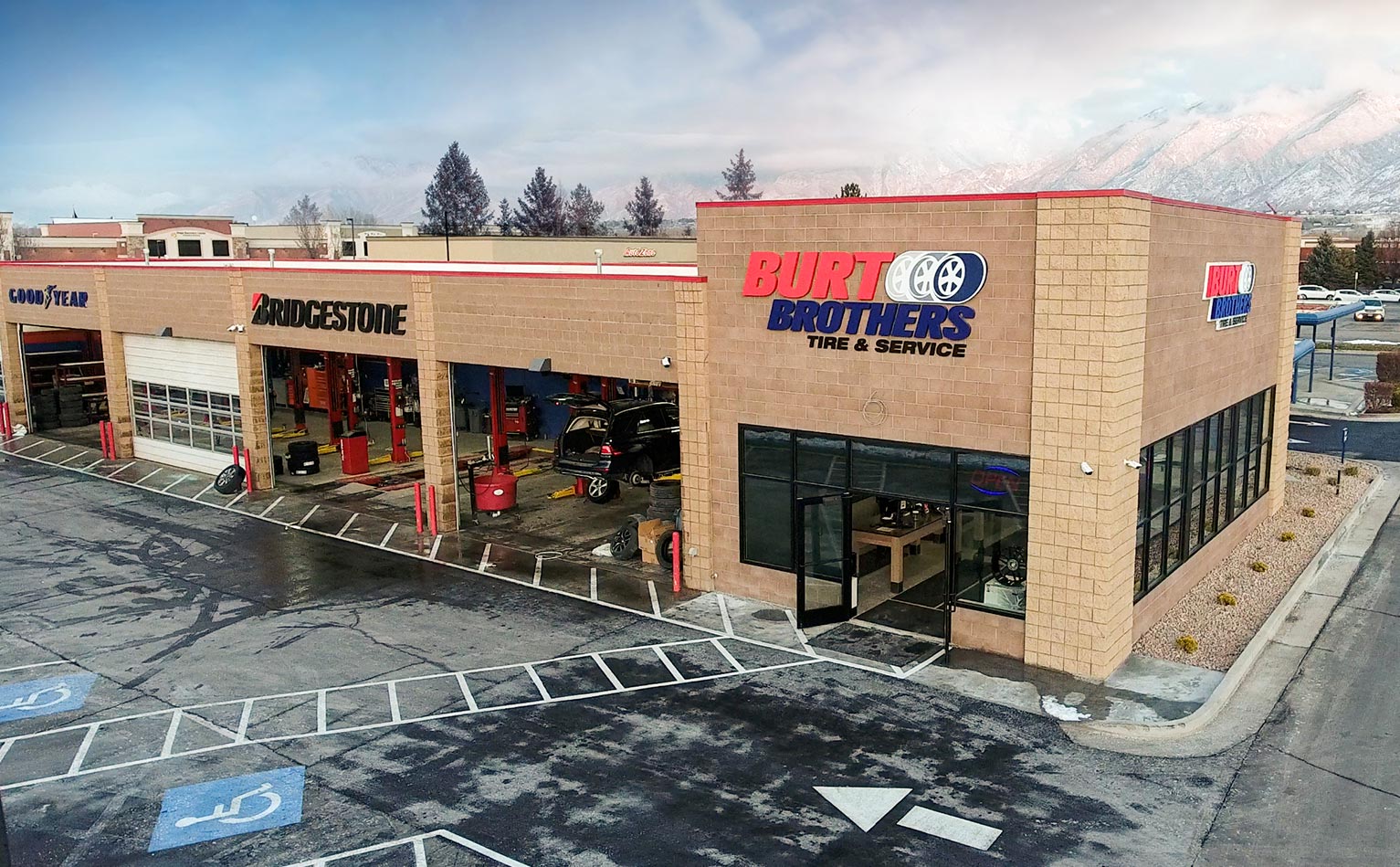The Environmental Advantages of Proper Tire Upkeep
Maintaining correct tire treatment is typically ignored, yet its effect on the environment is profound. Appropriate tire maintenance not only prolongs the life-span of tires but also reduces landfill waste and contributes to boosted air top quality.
Lowered Fuel Consumption
Improving tire upkeep practices can cause a significant reduction in fuel intake for automobiles. discount tires morris il. Effectively inflated tires ensure ideal call with the road surface area, reducing moving resistance and improving fuel effectiveness. According to the United State Division of Power, underinflated tires can decrease gas mileage by 0.2% for every 1 psi decrease in stress in all four tires. This may look like a small percentage, yet when increased by the variety of lorries when traveling, the collective effect is considerable.
In enhancement to tire stress, routine tire turnings and alignments also play a crucial duty in fuel performance. Unevenly worn tires can boost gas intake as the engine functions harder to keep rate and traction. By preserving appropriate positioning and turning tires at recommended intervals, drivers can guarantee even prolong the life and put on of their tires, inevitably conserving gas and lowering their carbon impact.
Extended Tire Life-span
Expanding the life-span of tires is a vital facet of reliable lorry upkeep methods that can produce cost savings and environmental benefits over time. By effectively preserving tires, chauffeurs can considerably prolong their functionality, decreasing the frequency at which brand-new tires need to be made and old ones disposed of. This not only preserves beneficial resources but likewise minimizes the energy and emissions related to tire production and disposal procedures.
Regularly examining tire pressure, rotating tires, and ensuring appropriate positioning are important actions in expanding tire life-span. Ample walk deepness is critical for optimum grip and safety, however it also plays a function in exactly how long tires can be utilized prior to needing substitute. In addition, staying clear of aggressive driving actions that increase tire wear, such as severe stopping and sharp turns, can even more enhance tire durability.
Inevitably, boosting the longevity of tires via proactive upkeep not only benefits the setting by decreasing waste and preserving resources however likewise brings about cost savings for lorry proprietors by postponing the need for new tire purchases.
Lower Exhausts Outcome
Reliable tire maintenance practices add to a decrease in exhausts result, aligning with environmental sustainability goals in the vehicle sector. Appropriately filled with air tires, on a regular basis rotated and lined up, can boost gas efficiency, hence decreasing the overall carbon dioxide discharges from vehicles. When tires are underinflated, the engine must work more difficult to drive the vehicle, causing raised fuel usage and greater emissions. By keeping optimum tire stress degrees, vehicle drivers can help mitigate these negative environmental impacts.
In addition, well-kept tires also boost grip and lower rolling resistance, further improving fuel efficiency. This, in turn, minimizes the amount of exhaust gases released into the atmosphere. Additionally, making sure tires are effectively blown up and lined up can prolong the lifespan of the tires, lowering the frequency of tire replacements and the linked environmental expenses of tire manufacturing and disposal.

Decreased Landfill Waste
Offered the positive influence of appropriate tire upkeep on lowering exhausts outcome, More Help an additional considerable ecological advantage is the possibility for reduced land fill waste. By ensuring that tires are appropriately pumped up, straightened, well balanced, and turned routinely, their lifespan can be considerably prolonged.

Improved Air Top Quality
Enhancing air quality with correct tire maintenance methods is a critical facet of lasting ecological stewardship. When tires are underinflated, they produce more moving resistance, leading to boosted gas consumption and higher exhausts of harmful pollutants such as carbon monoxide and nitrogen oxides. Correctly filled with air tires not only enhance fuel effectiveness however also minimize the amount of contaminants released into the air.
Furthermore, properly maintained tires with proper tread deepness and placement add to more secure motoring conditions, minimizing the probability of mishaps that can cause the release of added toxins into the atmosphere. By prolonging the life expectancy of tires through routine upkeep and turning, fewer tires are thrown out prematurely, decreasing the ecological effect of tire disposal and manufacturing processes.
Final Thought
Finally, appropriate tire maintenance offers various ecological benefits. By reducing fuel usage, expanding tire life-span, lowering exhausts outcome, decreasing landfill waste, and enhancing air top quality, individuals can add to a much healthier earth. These efforts not only profit the environment yet likewise help to conserve resources and lower total ecological effect. It is necessary for people to focus on i loved this tire maintenance as an easy yet reliable means to shield the environment for future generations.
Proper tire maintenance not just prolongs the lifespan of tires but also decreases land fill waste and contributes to improved air top quality - tire shop near me. By keeping appropriate alignment and rotating tires at advised periods, chauffeurs can ensure also extend the life and wear of their tires, inevitably saving fuel and lowering their carbon impact
By correctly keeping tires, drivers can significantly lengthen their functionality, decreasing the frequency at which click now brand-new tires need to be made and old ones disposed of.On a regular basis inspecting tire pressure, rotating tires, and ensuring proper alignment are crucial steps in extending tire life expectancy. Additionally, guaranteeing tires are effectively pumped up and straightened can extend the life expectancy of the tires, reducing the frequency of tire replacements and the associated environmental costs of tire production and disposal.